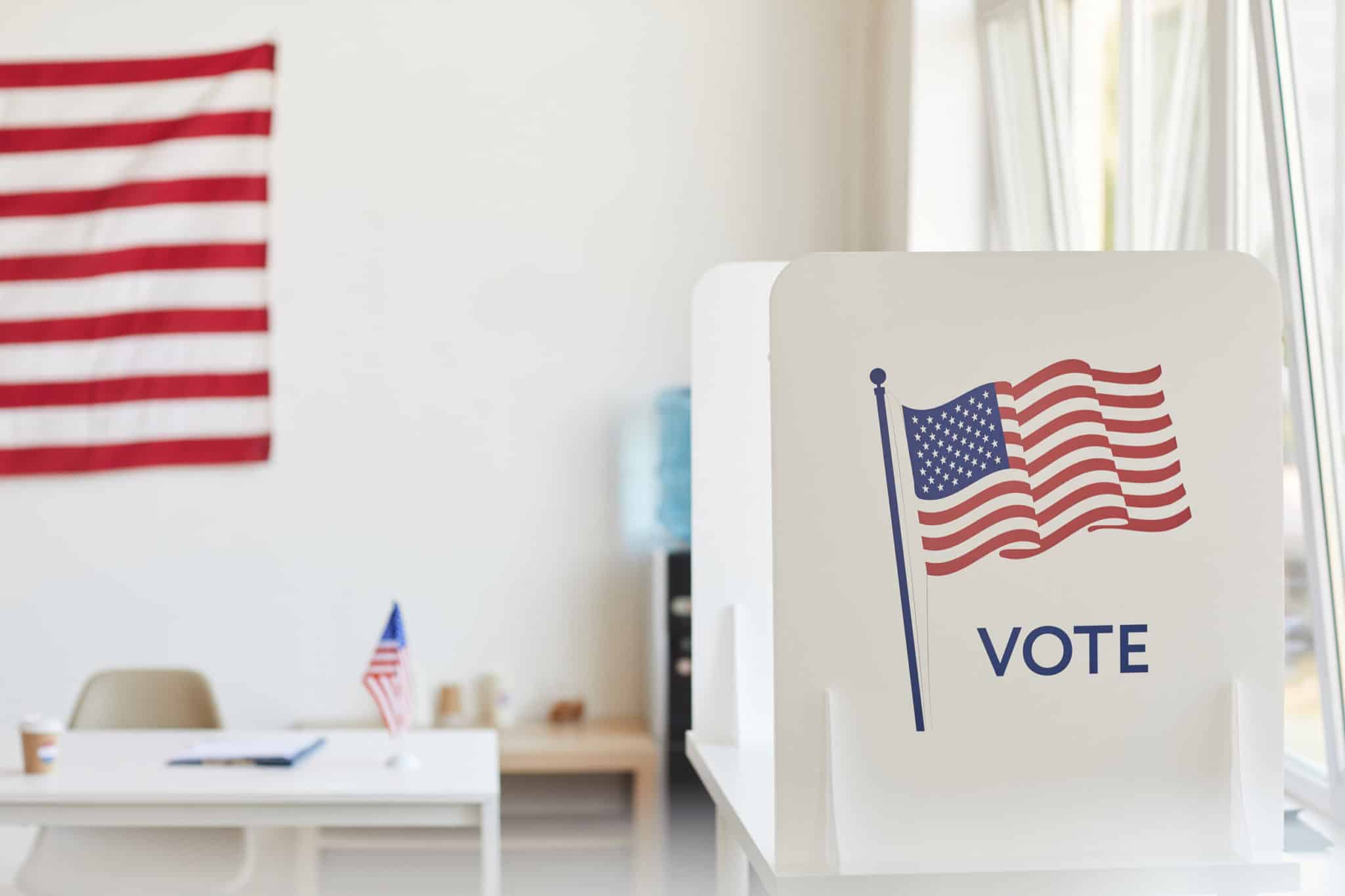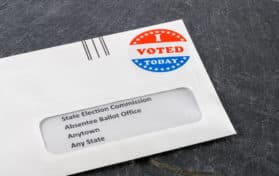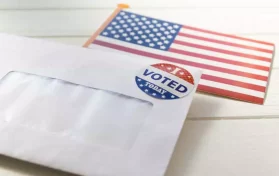
On Thursday, the Department of Justice announced that it had filed a lawsuit against the state of Texas regarding a state law that proponents say is intended to strengthen election integrity. Opponents of the measure believe it targets the elderly and those with sight impairments.
In early September, Governor Greg Abbott signed Senate Bill 1 into law. This measure established new rules for mail-in voting. It also increased the number of partisan poll watchers, and it gave the state more control over the operations of local voting.
Embattled United States Attorney General Merrick Garland released the following comments in a statement regarding the suit: “Our democracy depends on the right of eligible voters to cast a ballot and to have that ballot counted. The Justice Department will continue to use all the authorities at its disposal to protect this fundamental pillar of our society.”
The lawsuit specifically targets the state of Texas and Texas Secretary of State John Scott. The suit states that Senate Bill 1 will “disenfranchise eligible Texas citizens who seek to exercise their right to vote . . .will exacerbate the challenges they face in exercising their fundamental right to vote.”
As to whom the law will disenfranchise, the lawsuit states that SB1 will change the type of assistance voters who require help while voting or who cannot read or write receive at the polls. The law also mandates that mail-in ballots can be rejected over “immaterial errors or omissions.” The lawsuit holds that these changes to current Texas law violate both the Civil Rights Act of 1964 and the Voting Rights Act.
The Justice Department’s complaint went on to say that Texas has a history of preventing certain people from voting. The suit reads, “The State of Texas’ history of official voting-related discrimination against its disfavored citizens is longstanding and well-documented.” The complaint also went on to cite recent court decisions regarding Texas’ redistricting plan and voter identification requirements, saying that these practices discriminate against minority voters.
Senate Bill 1 no longer allows poll workers or family or friends who accompany voters with sight impairments or literacy issues to answer questions about the options listed on ballots or to explain the voting process. As to mail-in ballots, the law made changes to voter id requirements. The Justice Department says that the law “mandates rejection of written materials requisite to voting based on errors or omissions that are not material to determining a voter’s qualification to vote or vote by mail.”
Senate Bill 1 also eliminated drive-through voting and twenty-four hour early voting. However, it does expand early voting hours in some Texas counties. It adds voter ID requirements for mail-in ballots. It bans officials from sending mail-in ballots without the express request of an individual. It also gives more powers to partisan poll watchers.
Texas is not the first state to be sued over changes to voting regulations made in the wake of the 2020 election. The Justice Department has also sued Georgia for making changes to its voting regulations that have been deemed as disenfranchising as well.
Senate Bill 1 has been controversial from the start. When the bill was up for a vote during the regular session of the Texas state legislature, the Democrats walked out of the capitol building. Abbott called a special session in June to vote on the bill once more, and over fifty House Democrats flew to Washington to break quorum. However, the Democrats had to eventually return to Austin, when a second special session was held. The bill passed during this time.
The Texas Secretary of State John Scott has announced that there will be a full and comprehensive forensic audit of four counties which Biden won in the 2020 election. This audit, slated to start in spring 2022, will review election records and test voting machines in those counties.





